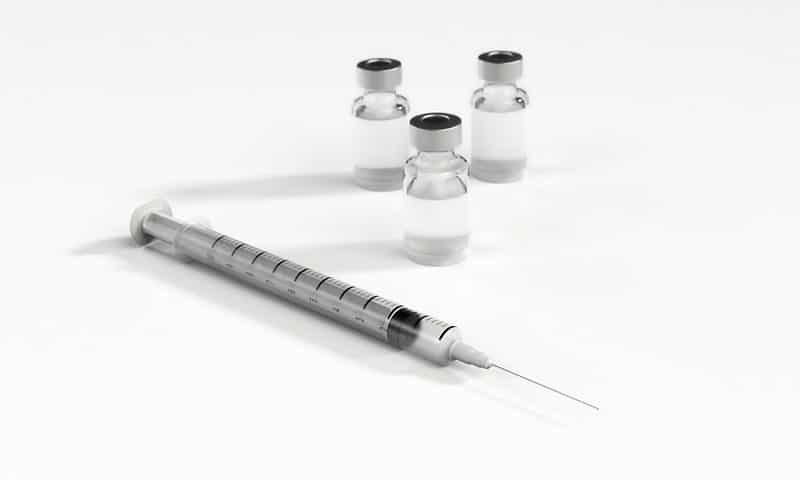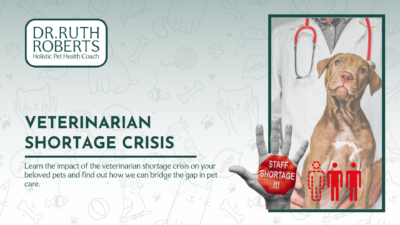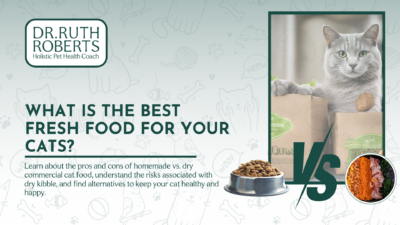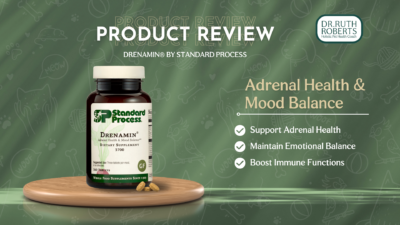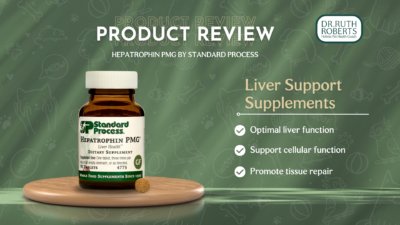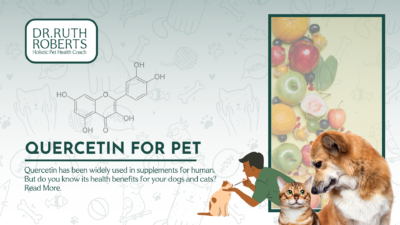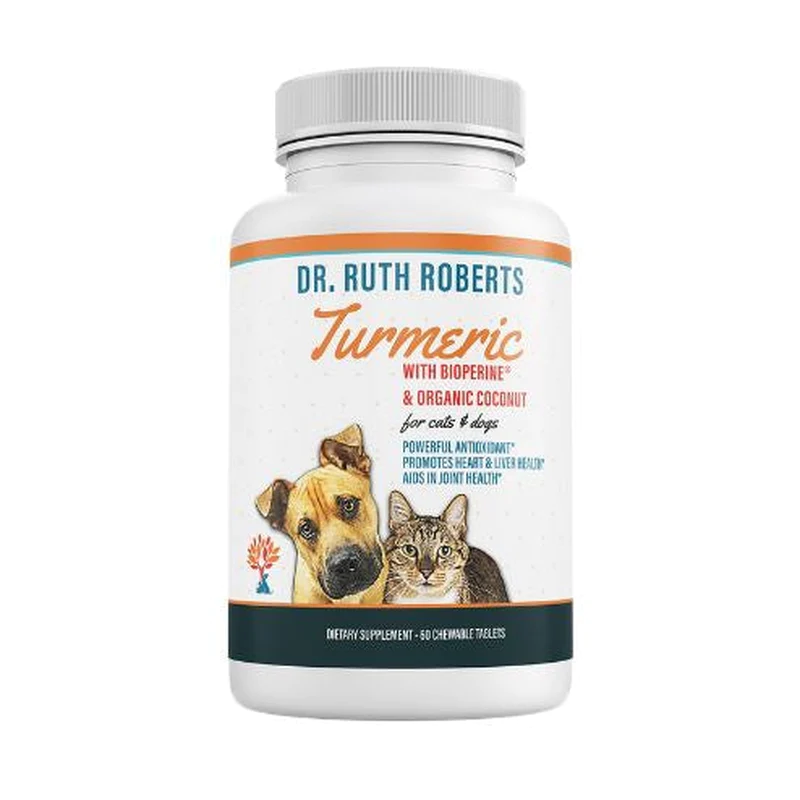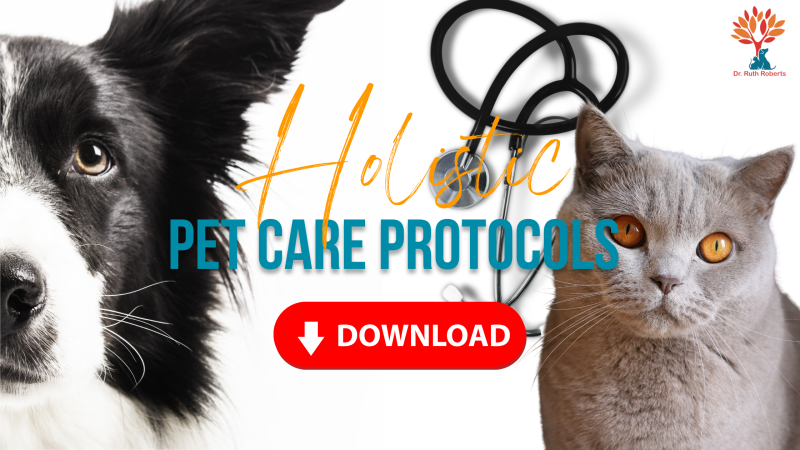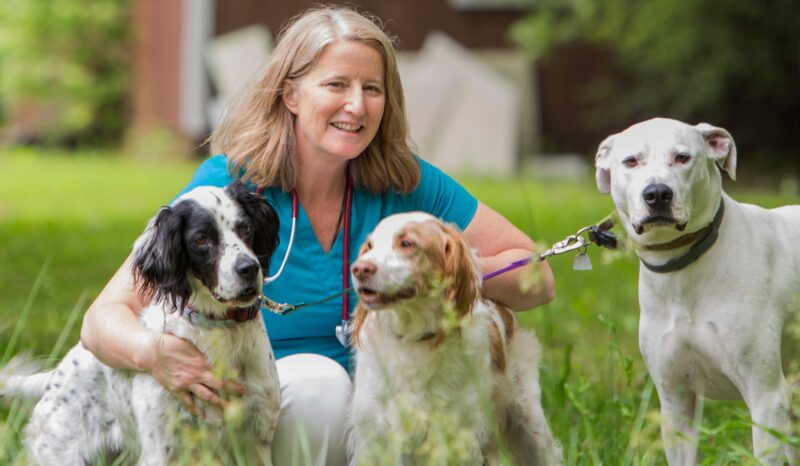When it comes to making the right choices for your pets, the matter of vaccines always comes into question. Are vaccines safe for pets? Does the potential for illness outweigh the possibility of reaction?
The debate surrounding the safety of pet vaccines is at an all time high right now. Experts and laymen are at each other’s throats, throwing “studies” and “facts” around like wildfire. Parents have never been so concerned – or confused. It seems like making the right choice is nearly impossible.
The possibility of vaccine reactions are frightening – but so are the diseases they are intended to prevent. Whether you’ve just added a furry member to your family, or you’re not sure if your senior pet needs to continue their vaccine regimen, there’s lots of help to make your decisions easier.
Each pet is different, and their needs vary greatly depending on health history and even geographical location. Ultimately, your veterinarian knows your pet best, and their recommendations should be respectfully considered. But arming yourself (and your pet) with some knowledge is your best start in the process.
Why are vaccines recommended for pets?
 Vaccines were developed and are recommended (for both humans and animals) as a means to prevent and control disease. By injecting a killed or weakened organism, the vaccine produces immunity in the body against that specific organism.
Vaccines were developed and are recommended (for both humans and animals) as a means to prevent and control disease. By injecting a killed or weakened organism, the vaccine produces immunity in the body against that specific organism.
There are several animal diseases that are preventable by pet vaccines. Vaccines are considered preventative medicine, intended to keep your pet from contracting an illness, rather than treating an illness after it arises.
While it is important to immunize and protect your pet against some potentially fatal diseases, it is even more important to immunize wisely. A vaccine is a medical product – one that should only be given if it is necessary for the health of the animal.
Not all pets are at risk for the same diseases, and more isn’t always better when it comes to vaccines. The studies and recommendations put forth by Dr. Ron Schultz are pretty spot-on, in my opinion, and takes the safety of the animal into account over everything else. After all, what could be more important?
Are all vaccines necessary for all pets?
One of the most well known pet vaccines is required by law, and for good reason. The rabies virus is not only zoonotic (communicable between animals and humans), but is deadly to any animal, humans included, that is infected and not treated.
By law, domesticated animals (namely dogs, cats and ferrets) must be vaccinated against rabies. The specific laws vary from state to state. Some states do allow exemptions if a veterinarian deems it medically necessary. Research shows that pets who have or have had cancer or autoimmune disease should not receive vaccines, as the vaccines stimulate the immune system (which is not good for these particular pets).
 The distemper virus, which is highly contagious and falls into the same family as the measles virus, was considered a fatal virus in the 1950s, and would wipe out the dog population of entire towns. Years later, the parvovirus caused the same sort of epidemic in the 1970s.
The distemper virus, which is highly contagious and falls into the same family as the measles virus, was considered a fatal virus in the 1950s, and would wipe out the dog population of entire towns. Years later, the parvovirus caused the same sort of epidemic in the 1970s.
This kind of mass infection has since been eliminated, and is now an unknown phenomenon in developed countries. The reason is obvious: the development and implementation of
vaccine programs for pets.
While some pet vaccines are certainly in the best interest of most furbabies, a great portion of vaccines have been grossly overused. Many standard veterinary practices use vaccines as “motivators” to encourage pet owners to bring their pets in for regular exams. While regular checkups at the vet are extremely important to an animal’s health, pushing the administration of unnecessary vaccines is not the way to do it.
How do you know which vaccines are right for your pet?
 Determining which vaccines are necessary, and how often your pet needs them, is not an easy feat and will require the help of a veterinarian.
Determining which vaccines are necessary, and how often your pet needs them, is not an easy feat and will require the help of a veterinarian.
Outside of the legal restrictions around the rabies vaccine, is where the gray area lies. While other vaccines, such as those for distemper or parvo, are not required by law, they come highly recommended to protect your pet, regardless of breed or geography. These vaccines fall into a category known as “core vaccines,” which include:
For Dogs
- Rabies Virus (RV)
- Canine Parvovirus type 2 (CPV-2)
- Canine Adenovirus type 2 (CAV-2)
- Canine Distemper Virus (CDV)
For Cats
- Rabies Virus (RV)
- Distemper, also known as Feline Panleukopenia Virus (FPV)
Of course, you already know that there are so many more vaccines available for your pet, many of which that have probably been recommended to you by your veterinarian. Bordetella (also known as “kennel cough”) is often administered as standard, but seems to be safest when given intranasally – especially to young pups.
Again, this is where you and your vet must work together to determine the specific needs and risk factors that surround your pet. Living is certain geographical areas or climates, for example, may put your pet at greater risk for specific illnesses like Lyme Disease or Leptospirosis.
What if I decide not to vaccinate my pet?
If you decide to forego any of the recommended core vaccines for your dog or cat, there are of course certain risks that come into play. Not only do you run the risk of your pet becoming ill, but you may also inadvertently run the risk of getting another pet sick.
 Some pets, such as those aforementioned with cancer or autoimmune disease, cannot receive vaccines for medical purposes. However, this is no reason they shouldn’t be able to safely enjoy walks in the park or socialization with other animals.
Some pets, such as those aforementioned with cancer or autoimmune disease, cannot receive vaccines for medical purposes. However, this is no reason they shouldn’t be able to safely enjoy walks in the park or socialization with other animals.
If you choose not to vaccinate your healthy pet, and they happen to contract an illness such as parvo, they could easily spread it to other pets with weakened immune systems or even young puppies who haven’t yet had the chance to develop full immunity.
An unvaccinated pet may also be turned away from grooming, boarding and daycare centers. Most of these facilities require pets to be up-to-date on rabies, distemper and Bordetella vaccines. Some facilities will, however accept titers for distemper/parvo (but generally not for rabies).
Alternative Options
As a pet parent, you have more choices than vaccinating fully (or needlessly) and going cold turkey with no vaccines at all (certainly not recommended).
Getting a full set of core vaccines for your fur baby is in their best interest. It’s best to begin at no sooner than eight weeks. Waiting until about twelve weeks allows the mother’s antibodies (passed congenitally to the puppy or kitten) to drop low enough, giving the young animal the opportunity to develop their own antibodies against those respective diseases. These core boosters should be given no less that two weeks apart, then repeated at sixteen to eighteen months (or one year after administration) to ensure the animal’s immunity.
However, it may not be necessary to have these vaccines repeated every year. Once your pet’s immune system has had the chance to mature, it “remembers” certain antigens, and is able to maintain antibodies needed to fight these diseases.
It is possible for your veterinarian to order a titer test, in lieu of revaccination for rabies or distemper. A titer test shows whether a pet still has protective antibodies against a certain virus. Both rabies and distemper vaccines have been shown to provide a pet with immunity for a minimum of three years in adult animals – perhaps longer in more mature pets. This is called immunologic memory, which means the animal’s immune system maintains a “memory” of a virus, and the antibodies needed to fight it. Such compelling evidence suggests that annual readministration of some pet vaccines is completely unnecessary.
Vaccine Reactions – What to look out for

It’s normal to be concerned about your pet potentially having an adverse reaction to their vaccines. Vaccine reactions in animals can range from mild to severe, and can even be life threatening to your pet.
Mild vaccine reactions generally occur a few hours after your pet has had a vaccine, and could include:
- Localized swelling or tenderness at the injection site
- Mild fever
- Decreased appetite or activity
If these symptoms last more than one to two days,
or seem to be causing your pet a lot of discomfort, contact your vet.
More severe reactions to pet vaccines may indicate an allergic response. While this sort of response is much less common, they are quite serious. Severe reactions to a vaccine usually appear in mere minutes following vaccination, and may include:
- Swelling of the muzzle, face, neck or eyes
- Persistent vomiting or diarrhea
- Hives – itchy, bumpy skin
- Difficulty breathing or severe coughing
- Fainting or collapse
If your pet shows any of these symptoms following vaccination, it’s important to get them immediate veterinary attention.
Preventing Reactions to Pet Vaccines
There is no way to know whether your dog or cat will have a reaction to their pet vaccines, unless they have had poor reactions in the past. If your pet has ever had a severe reaction to a vaccine, that vaccine should never be repeated in that pet. Consecutive reactions to the same vaccine get worse each time, and your pet may not be as lucky the second time around.
Some pet vaccines are administered as “combination vaccines.” This means that several killed or weakened viruses are included in one shot. While this may seem convenient, and easier for your pet, it actually increases the risk of reaction.
Distemper and parvo are commonly combined with no issue, but the addition of Leptospirosis or Coronavirus to this vaccine may increase your pet’s chance of reaction. Ask your vet for the lowest possible combination (especially if your pet does not need one of the included vaccines).
One of the best ways to prevent your pet from having a reaction to a vaccine is an old favorite of mine – Thuja. Thuja is an herbal tinctures that is administered orally, and has been proven to decrease the risk of vaccine reaction.
By giving your pet a drop or a few (depending on their weight) after vaccination, you could help increase the safety of their vaccines, and prevent an unfavorable response. It’s usually a good idea to continue giving Thuja for several days (up to ten) after your pet receives vaccines, until their immune system returns to a more normal state.
Safety First
When it comes to vaccinating your pet, it is always best to be safe. Immunizing your pet against very dangerous diseases like rabies, adenovirus, parvo and distemper is not only responsible pet ownership, it’s vital for your pet’s health. But it’s also important to immunize wisely.
Vaccine schedules are changing all the time, and should always be tailored to each pet’s individual needs. Talk to your vet before you begin or continue immunizing. Voice your concerns, and don’t be afraid to ask questions about your pet’s risks. Your vet will always do what is best for your pet, so always remember that they are your ally, and that you should work together to create the best plan for your furry friend.
The best way to protect your pet from becoming ill followings vaccines is to protect their overall health. If your pet’s body and immune system are in great shape going into your appointment, they will be stronger and better able to withstand the barrage of one or multiple vaccines.
Keeping your pet healthy begins by giving them the best fuel possible for their body, that will help strengthen their vital organs and immune system. The CrockPET Diet gives your pet all they need to achieve and maintain their best health – and fight off even the barrage a vaccine may bring. Instead of fighting the invasion of the vaccine, their body will breeze past a negative reaction and go straight to making healthy antibodies.
Remember to only vaccinate your pet when he/she is healthy (this is why it’s important for your vet to examine them regularly, and before most vaccines), and don’t forget to give Thuja to decrease the risk of adverse reaction.
Protect your pet from disease with necessary vaccines, and keep them healthy by feeding The CrockPET Diet. As Dr. Schultz likes to say – “Be wise, immunize. But immunize wisely!”

